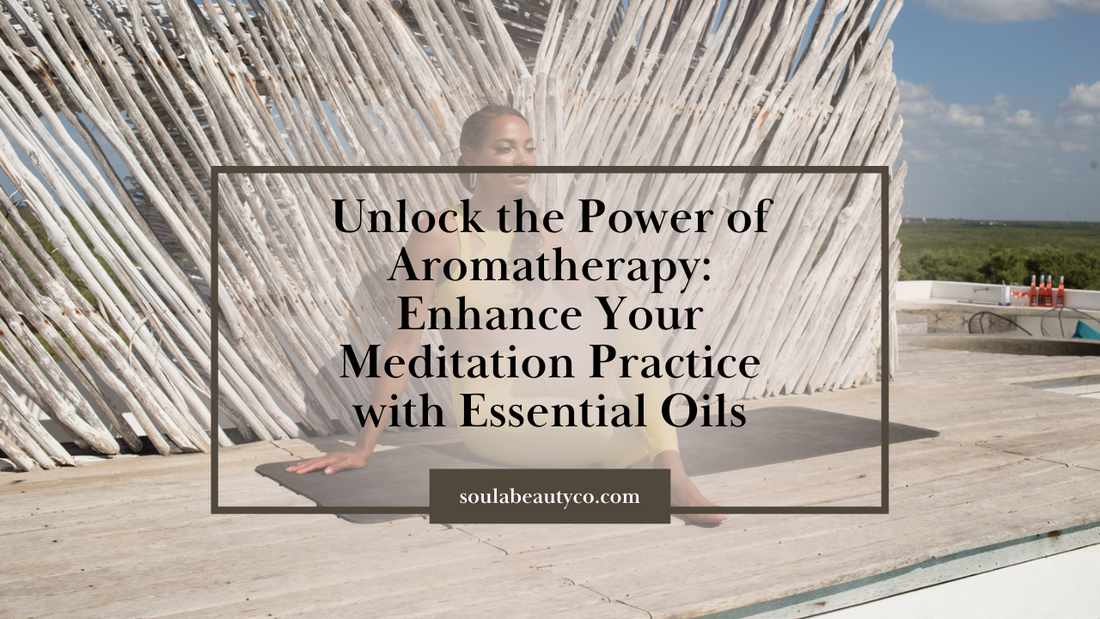Meditation has become a popular way to reduce stress, improve focus, and promote well-being. But did you know that incorporating essential oils into your meditation practice can further enhance these benefits?
Aromatherapy has been used for thousands of years to improve physical and mental health, and when combined with meditation, it can create a powerful tool for self-care and personal growth.
Essential oils are highly concentrated plant extracts that contain volatile aromatic compounds. These compounds can positively affect our emotions, moods, and physiological processes when inhaled or applied topically. Incorporating essential oils into your meditation practice can create a more immersive and rejuvenating experience that can help you achieve greater peace of mind and relaxation.
Here are a few ways to incorporate essential oils into your meditation practice:
- Aromatic Inhalation: One of the easiest and most effective ways to use essential oils in meditation is aromatic inhalation. Add a few drops of your chosen oil to a diffuser or a tissue, hold it close to your nose, and breathe deeply. The aroma will travel to the limbic system of your brain, which is responsible for regulating emotions, memories, and moods. Some popular essential oils for meditation include lavender, frankincense, and peppermint.
- Topical Application: Another way to incorporate essential oils into your meditation practice is the topical application or on the skin's surface. You can mix a few drops of your favorite oil with a carrier oil, such as coconut or jojoba oil, and apply it to your temples, wrists, or behind your ears. Depending on the density of the oil (and the carrier used, oil, gel, etc.), it may allow the oils to be absorbed into your bloodstream (in many cases, this is a low percentage, but it can happen; therefore the statement is being included), providing a more direct and potent effect. Just be sure to test for skin sensitivity before applying any essential oil directly to your skin.
- Add to Your Meditation Space: To create a more conducive atmosphere for meditation, consider adding essential oils to your meditation space. You can diffuse them, use a spray, or even place a few drops on a cotton ball and place it near your meditation area. This will create a more calming and peaceful environment that can help you get into a meditative state more easily.
- Guided Meditations with Essential Oils: Another way to incorporate essential oils into your meditation practice is to use them in guided meditations. You can find many guided meditations incorporating essential oils on websites such as YouTube or by downloading a meditation app. These meditations will often show you through visualization exercises while also incorporating the use of essential oils. This can be a powerful way to deepen your meditation practice and get the full benefits of meditation and aromatherapy (stay tuned as this offering will be added to our membership soon).
- Use During Yoga or Exercise: Essential oils can also be used during yoga or exercise to enhance your mindfulness and relaxation. Apply a few drops to your wrists or temples with your choice of a carrier oil and breathe as you move through your practice. This can help you stay present and focused, promoting a more profound sense of calm and peace.
Essential oils can be used in almost every aspect of your daily life, but they are especially useful when we begin the process of slowing down and focusing on the present.
